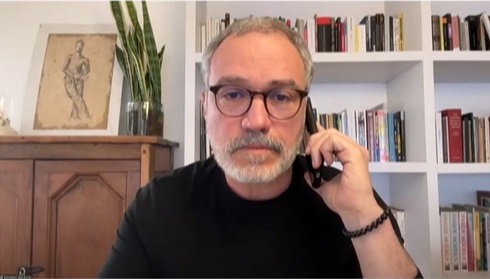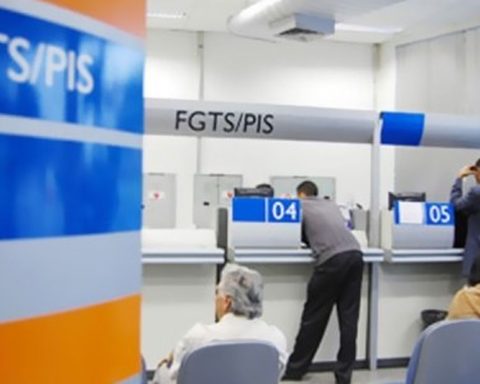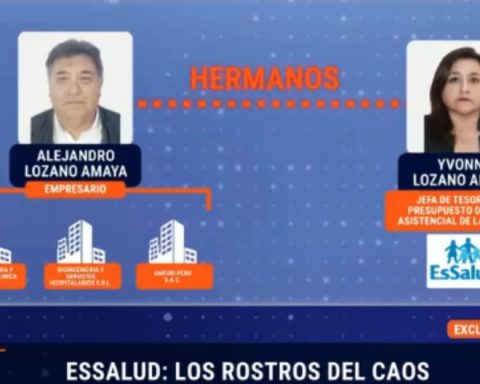d
from Jalisco to Chiapas, from Chilpancingo to Culiacán, the expressions of violence seen in recent months forcefully contradict the official narrative maintained both in the previous six-year term and at the beginning of the current one. With statements that characterize violence as isolated and occasional events, serious violations of human rights in the country are minimized and the commitment to a security model led by the armed forces is ratified, thereby promoting continuity and deepening of militarization sustained for almost two decades.
Gone is the position of those who govern today when they were the opposition that demanded the return of the military to their barracks. López Obrador’s six-year term was marked by his commitment to a National Guard whose civil nature was more discursive than operational, and which now, with the new constitutional reform approved, is consolidated as a military institution. Today, with Claudia Sheinbaum in the Presidency, the panorama is no different, since their bets point in the same direction.
On October 7, Omar García Harfuch, Secretary of Security and Citizen Protection, presented the National Public Security Strategy for this six-year period at the morning conference. As the media has reported, the strategy consists of four axes: attention to the causes, consolidation of the National Guard, strengthening of intelligence and investigation through the creation of a new National Intelligence System and coordination with the federal entities. At the same time, the strategy sets three specific objectives: the reduction of the incidence of crime, mainly intentional homicides and extortion; the neutralization of the generators of violence and criminal networks, and the strengthening of the prevention and social proximity capabilities of local police forces.
In a more detailed review of the strategy, we can see the prioritization of attention in six states with high rates of violence, such as Guanajuato, Baja California, Chihuahua, Guerrero, Jalisco and Sinaloa, as well as special attention to the 10 municipalities with the highest homicide rate in the country. Finally, the strategy includes within its perspective for the first 100 days of government, a focused action to address extortion in the lemon production cycle in Michoacán and attention to the security crisis in Chiapas.
There are, without a doubt, redeemable elements of the strategy. Attention to causes is a necessary approach in any effective peacemaking effort. The commitment to intelligence and investigation is also plausible, since this would allow strategic, relevant and careful actions to be carried out for the prevention and punishment of crimes. Likewise, it seems pertinent to identify states and municipalities whose attention is urgent given the expressions of violence seen in recent days.
However, today the evidence prevails that in the last 20 years the country has not been able to pacify itself despite changes in government, since it has opted in general terms for the same security strategy. It is also true that we closed the previous six-year term with expressions of extreme violence, especially in Sinaloa, where clashes between cartels have not ceased; or in Chiapas, where indigenous communities continue to be displaced by violence. Without forgetting cases such as those of Jalisco, Guanajuato, Michoacán and Guerrero, where the conditions of violence continue regardless of the change of partisan colors in command; or in states such as Tabasco and Puebla, which in recent months have experienced an increase in expressions of violence associated with organized crime.
Given this reality, it is essential that governments dare to look at other approaches to security, especially the perspective of citizen security promoted by international organizations and instruments on human rights. The response to violence must be comprehensive and civil in nature; effectively, addressing the causes, but strengthening the civil institutions in charge of security, since the theory and practice of militarized strategies demonstrate their low effectiveness.
If we want effective pacification, in harmony with human rights and democratic values, it is necessary that the channels of dialogue be opened and the links of collaboration between governments and civil society be strengthened. There are many plausible efforts in terms of security and peacebuilding that have emerged from civil society in response to the critical conditions of violence experienced throughout the country. The processes carried out for the National Dialogue for Peace, convened by the main representative bodies of the Catholic Church and the Mexican Province of the Society of Jesus, serve as an example; or the proposal of the universities of the Jesuit University System that emphasizes the culture of peace, substantive equality, social policy, the rule of law, prevention, care for victims and education for peace.
Given the crisis of violence and insecurity, we reiterate that the use of the armed forces can only be justified as an extraordinary measure, justified and supervised by civilian controls; We remember that a true pacification strategy requires coordination between authorities, the strengthening of civil institutions in security and justice, and an emphasis on structural attention to the causes.
















